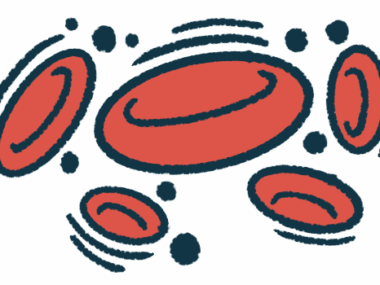Cold Agglutinin Disease and Pregnancy: Am I at Risk?
Written by |

Cold agglutinin disease (CAD) is a rare disease in which the body produces antibodies against the red blood cells. In cold temperatures, these antibodies bind to red blood cells, targeting them for destruction as if they were a virus or bacteria.
Some infections themselves can cause CAD. This is called secondary CAD, and generally resolves once the infection is treated. Primary CAD occurs without a known cause and is a chronic condition.
Both types of CAD can complicate a pregnancy. If you have CAD, you should discuss with your doctor the risks of becoming pregnant, as well as any treatments that may be necessary before, during, or after pregnancy.
What are my risks during pregnancy?
CAD often leads to anemia, or a low red blood cell count. Researchers have not performed any broad studies on CAD and pregnancy. However, from case studies, it appears that pregnancy can exacerbate anemia, whether or not this symptom has troubled a patient prior to a pregnancy. With anemia, the mother’s tissues may not be getting the oxygen and nutrients that they need. The fetus may also not be able to get the nutrients it needs to develop and grow.
While the antibodies against red blood cells cannot cross the placenta (the barrier that surrounds the fetus during development), other immune factors — including some complement proteins — can. The complement system is a portion of the immune system that “turns up” the immune response against threats.
In CAD, the complement system is involved in destroying red blood cells. While it’s not clear how complement proteins might affect a developing baby, research has suggested they could cause blood clots in the fetus, resulting in a miscarriage or stillbirth.
What treatments could I get while pregnant?
Treatment depends very much on your individual symptoms. You may be able to continue your normal treatment routine, or you may need to make adjustments to your medications.
Some doctors have treated their CAD patients with warm blood transfusions to combat anemia and prevent clotting.
Last updated: April 15, 2020
***
Cold Agglutinin Disease News is strictly a news and information website about the disease. It does not provide medical advice, diagnosis, or treatment. This content is not intended to be a substitute for professional medical advice, diagnosis, or treatment. Always seek the advice of your physician or other qualified health provider with any questions you may have regarding a medical condition. Never disregard professional medical advice or delay in seeking it because of something you have read on this website.





